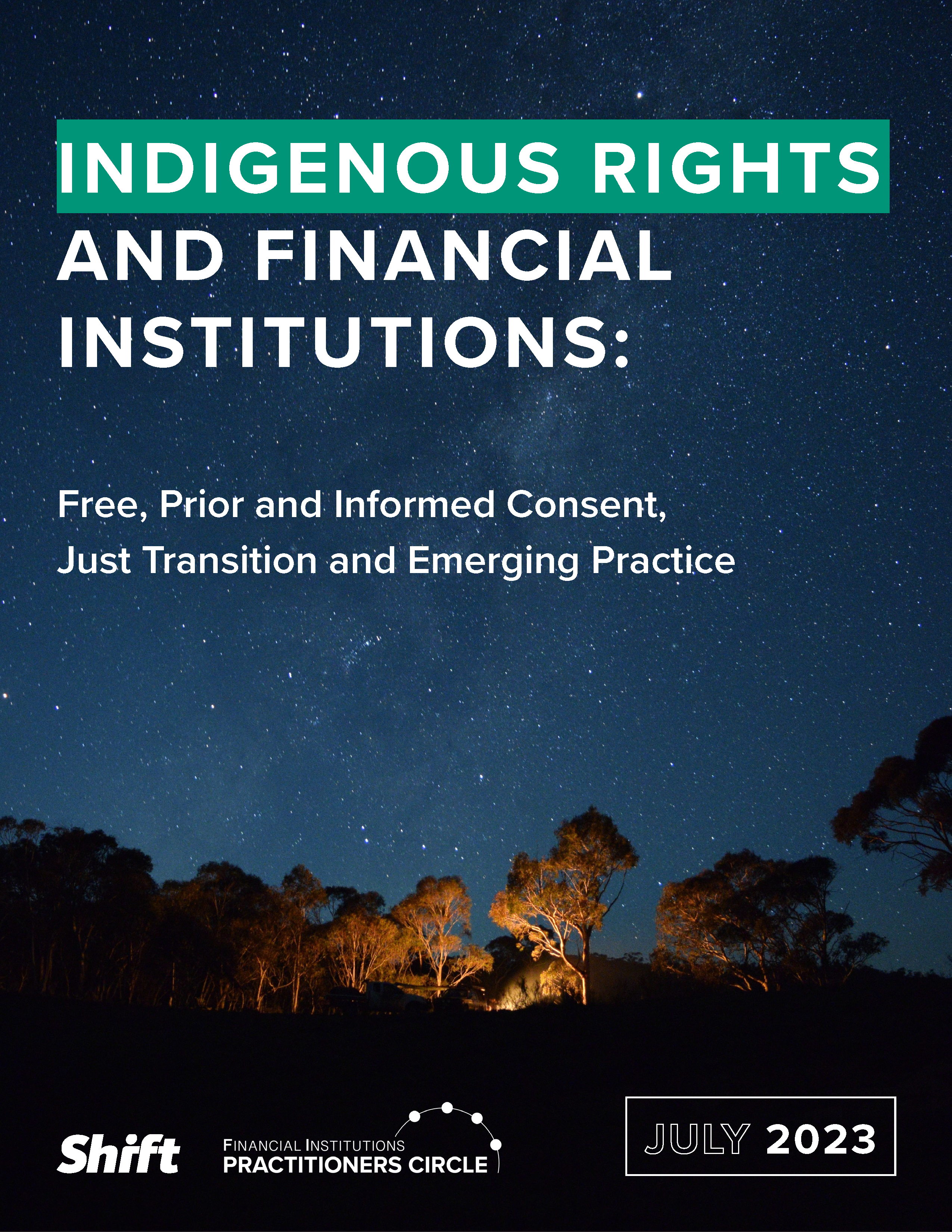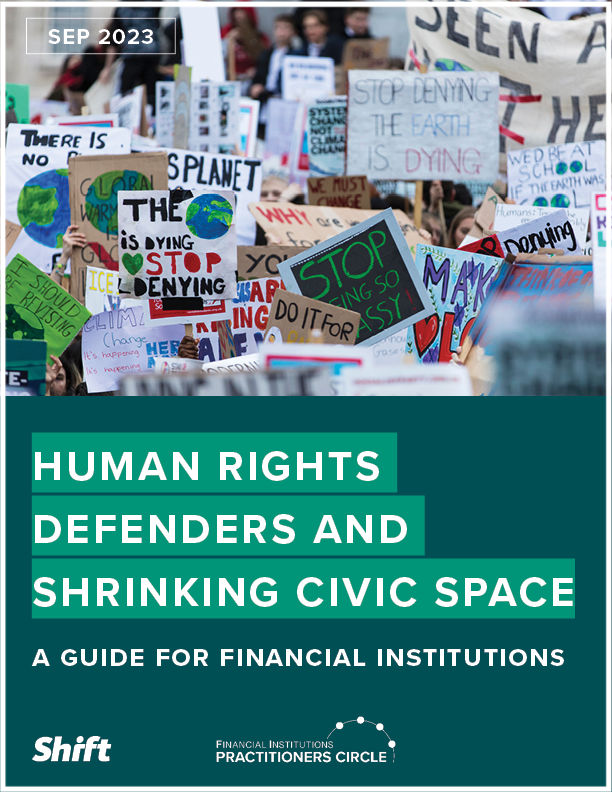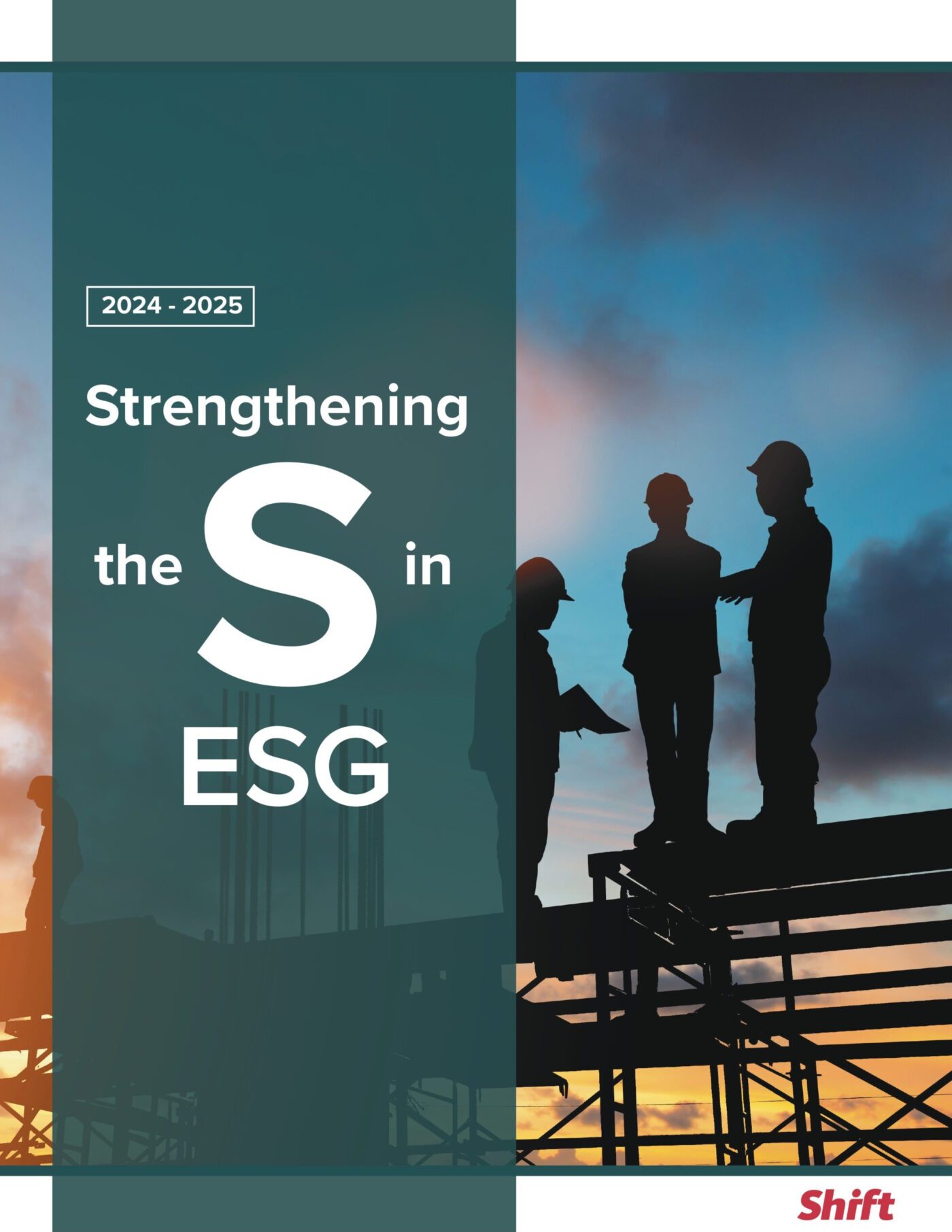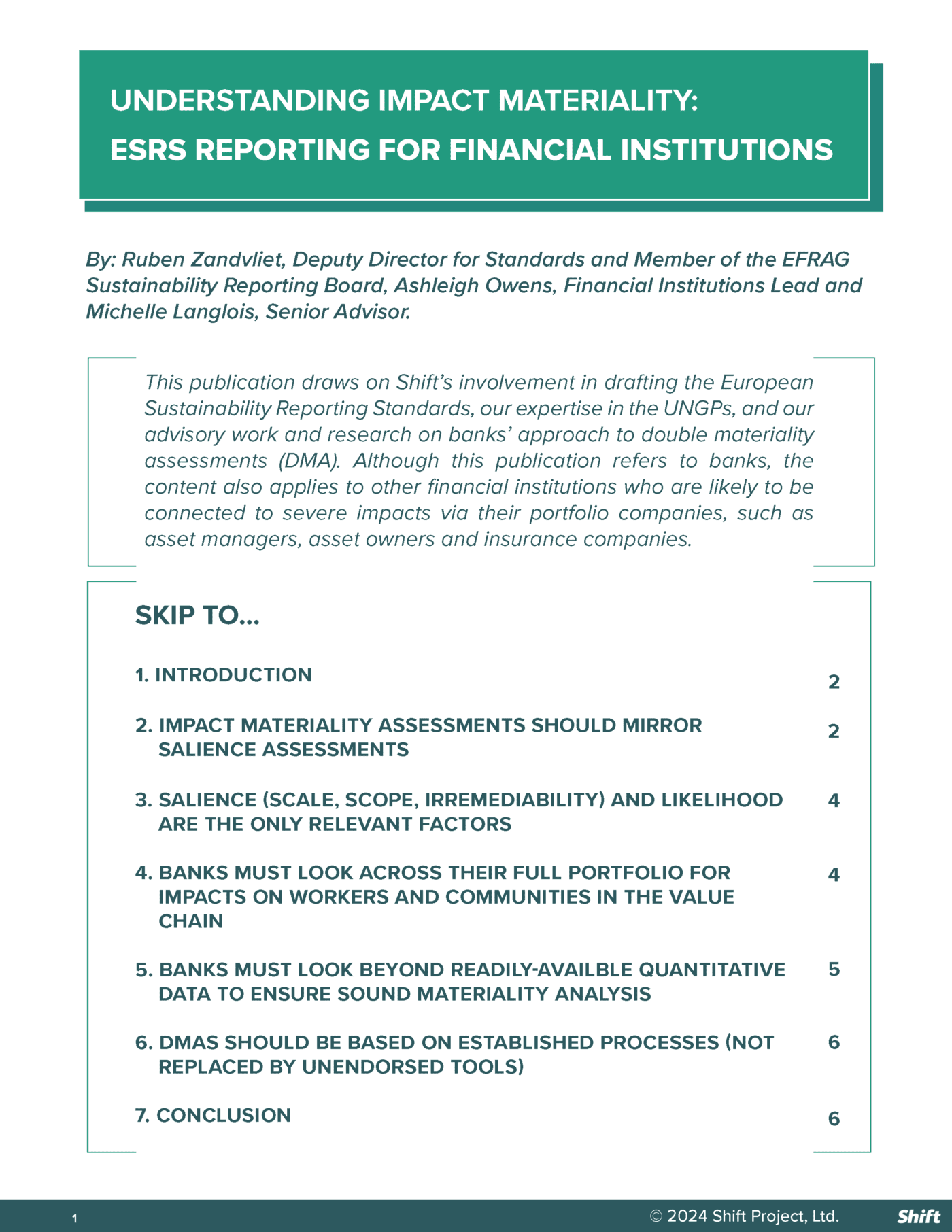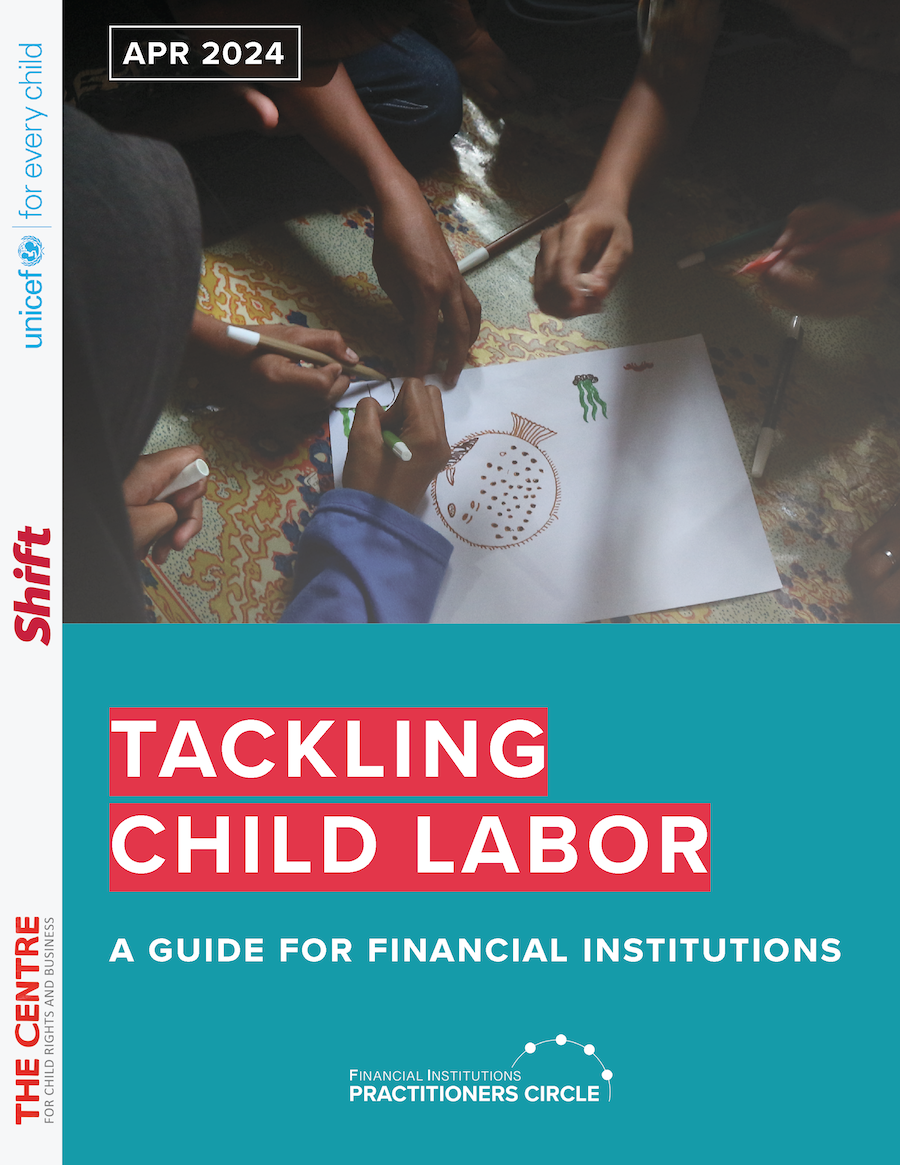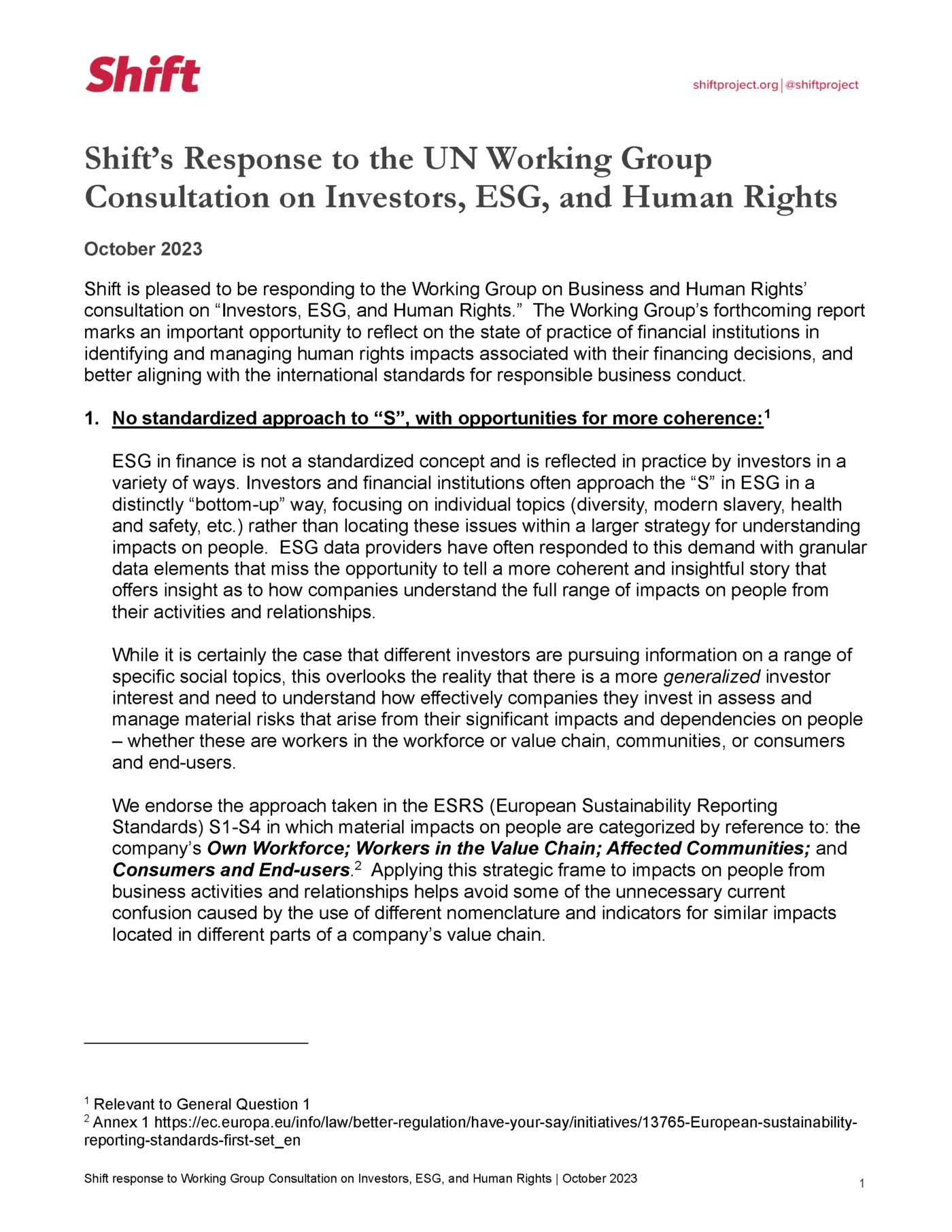Companies, civil society and the finance sector are paying increasing attention to Indigenous Peoples rights and expertise, which are critical in the context of our most pressing global agenda items: climate change and biodiversity loss. This is not least because much of the world’s biodiversity, and many of the natural resources needed for the energy transition, are located on indigenous territories. However, recent events, from the Dakota Access Pipeline protests to the Juukan Gorge disaster, demonstrate that prevailing approaches to identifying and managing the impacts of business on Indigenous Peoples are falling short. That is, businesses are failing to meet their responsibility to respect indigenous rights under international standards.
Free, Prior and Informed Consent
Financial institutions (FIs) are critical players in the value chains associated with impacts – both positive and negative – on Indigenous People. With the rapid scale-up of financing for transition minerals and growing awareness of the need for nature-based solutions, FIs must ensure both they and their clients understand and respect Indigenous People’s rights – which includes ensuring that clients obtain “free, prior and informed consent” (FPIC) when developing projects on indigenous lands. Without FPIC, project owners and their financiers face the prospect of conflict, reputational damage, lengthy delays and project cancellations, as well as a failure to meet international standards.
Overcoming Key Challenges to FPIC
In December 2022, Shift held a Financial Institutions Practitioners Circle (FIs Circle) on Indigenous Peoples rights. Two expert contributors, Lloyd Lipsett and Mark Podlasly, shared their insights from decades of experience working with Indigenous Peoples interfacing with development on their lands. Together, we fielded some of the burning questions financial institutions are grappling with as they finance clients with projects or value chains connected to indigenous territories:
- What do FIs need to know when there are differing views on whether a community is “indigenous”?
- How can FIs determine what “good” Free, Prior and Informed Consent (FPIC) processes look like?
- What steps should FIs take when supplied with limited or poor-quality information on respect for indigenous rights by their clients?
- How can FIs spot – and address – power imbalances between clients and Indigenous People?
This paper captures key takeaways from the session, focusing on the responsibility to obtain and maintain FPIC. This focus reflects the importance of FPIC as a process to safeguard Indigenous Peoples rights to self-determination, to participation, and to their lands, territories and resources.
